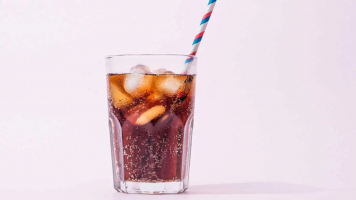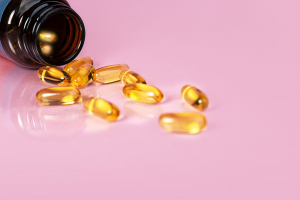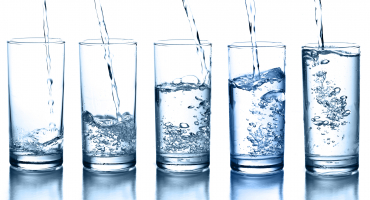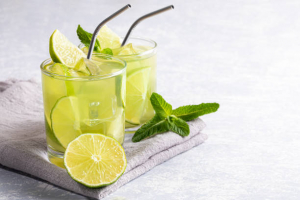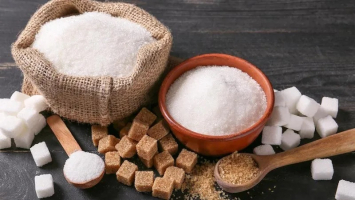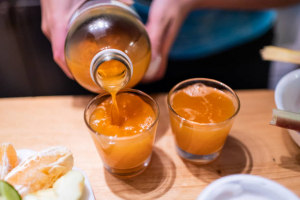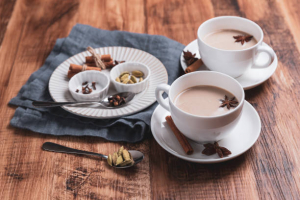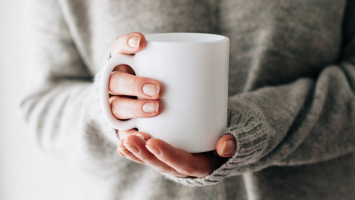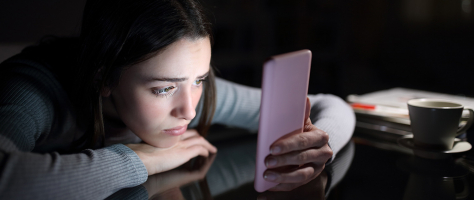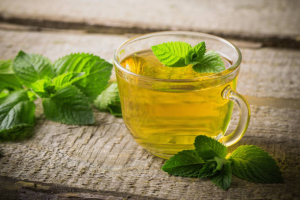Top 8 Side Effects of Drinking Too Much Tea
Tea is one of the most popular beverages in the world. Green, black, and oolong teas are the most popular, and they are all brewed from the leaves of the ... read more...Camellia sinensis plant. Few things are as gratifying or comforting as a hot cup of tea, but the benefits of this beverage do not end there. Although moderate tea intake is a fairly healthy option for most individuals, drinking more than 3-4 cups (710-950 ml) per day may have some undesirable side effects. Here are the possible side effects of drinking too much tea.
-
Tea contains a high concentration of tannins, a kind of chemical. Tannins in some meals can bind to iron, making it inaccessible for absorption in the digestive tract. Iron insufficiency is one of the most frequent nutrient deficits worldwide, and if you have low iron levels, drinking too much tea may aggravate your problem. According to research, tea tannins are more likely to inhibit iron absorption from plant sources than from animal-based diets. As a result, if you maintain a strict vegan or vegetarian diet, you may want to watch how much tea you drink.
The amount of tannins in tea varies greatly depending on the variety and method of preparation. However, for most individuals, limiting your intake to 3 or fewer cups (710 ml) per day is generally a healthy range. If you have low iron levels but still love drinking tea, consume it between meals as an added precaution. This reduces the likelihood of it interfering with your body's capacity to absorb iron from meals at mealtimes.
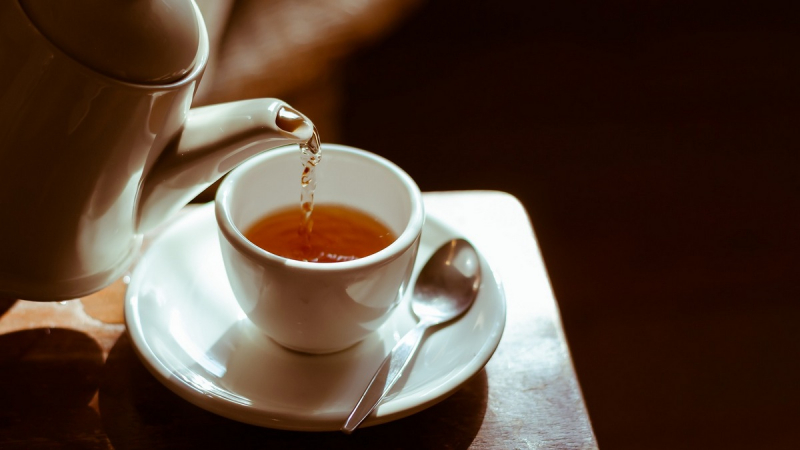
Reduced iron absorption 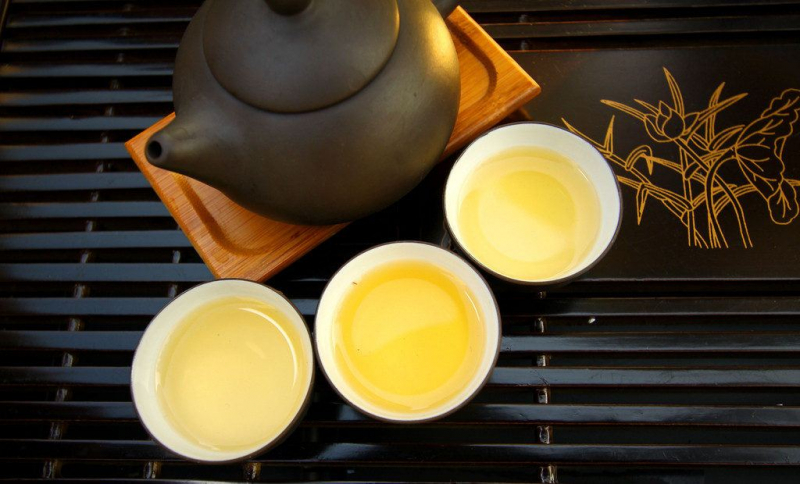
Reduced iron absorption -
Caffeine is found naturally in tea leaves. Caffeine from tea, or any other source, in excess, may add to sensations of worry, tension, and restlessness. Depending on the variety and brewing technique, an average cup (240 ml) of tea contains 11-61 mg of caffeine. Black teas have more caffeine than green and white teas, and the longer you steep your tea, the more caffeine it contains.
Caffeine dosages of less than 200 mg per day, according to research, are unlikely to induce considerable anxiety in most people. However, some people are more susceptible to caffeine's effects than others and may need to reduce their intake even more. If you realize that your tea habit is making you restless or uneasy, it might be a sign that you have had too much and should cut back to alleviate symptoms. You might alternatively choose caffeine-free herbal teas. Because they are not sourced from the Camellia sinensis plant, herbal teas are not considered real teas. Instead, they're prepared using caffeine-free components like flowers, herbs, and fruit.
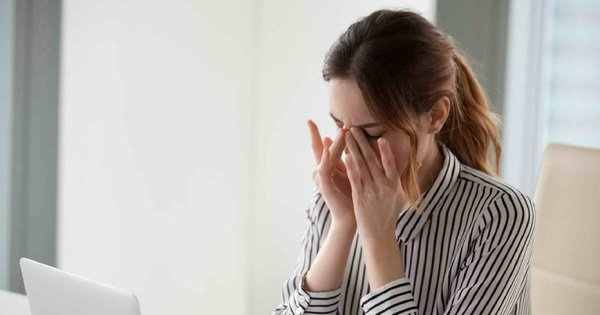
Increased anxiety, stress, and restlessness 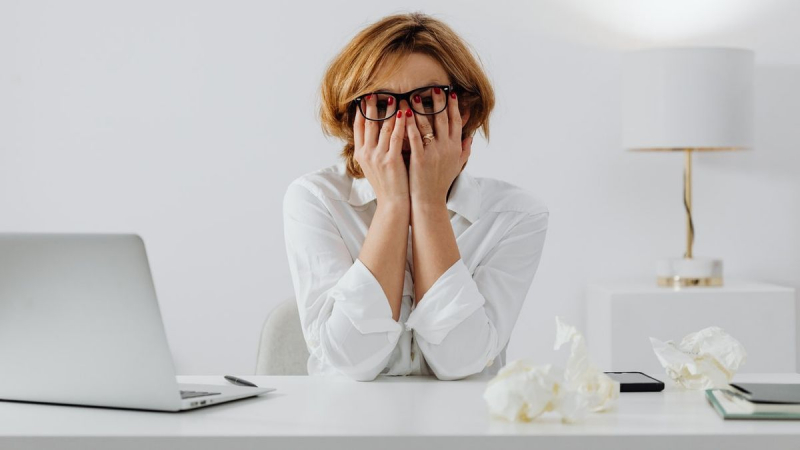
Increased anxiety, stress, and restlessness -
Because tea includes caffeine, excessive consumption may interrupt your sleep pattern. Melatonin is a hormone that alerts your brain to the fact that it is time to sleep. Caffeine may suppress melatonin synthesis, resulting in poor sleep quality, according to some studies. Inadequate sleep has been related to a number of mental health disorders, including exhaustion, decreased memory, and a short attention span. Furthermore, persistent sleep deprivation is linked to a higher risk of obesity and poor blood sugar management.
Caffeine is metabolized at varying rates in different people, making it impossible to anticipate how it will affect sleep patterns in everyone. Some studies have suggested that even 200 mg of caffeine ingested 6 hours or more before bedtime might have a deleterious influence on sleep quality, while others have found no significant effect. If you have signs of poor sleep quality and drink caffeinated tea on a regular basis, you should consider lowering your intake, especially if you also consume other caffeine-containing beverages or supplements.
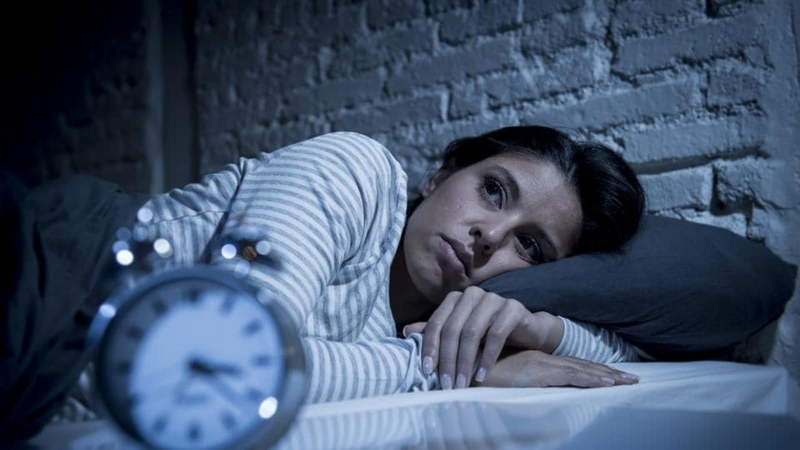
Poor sleep 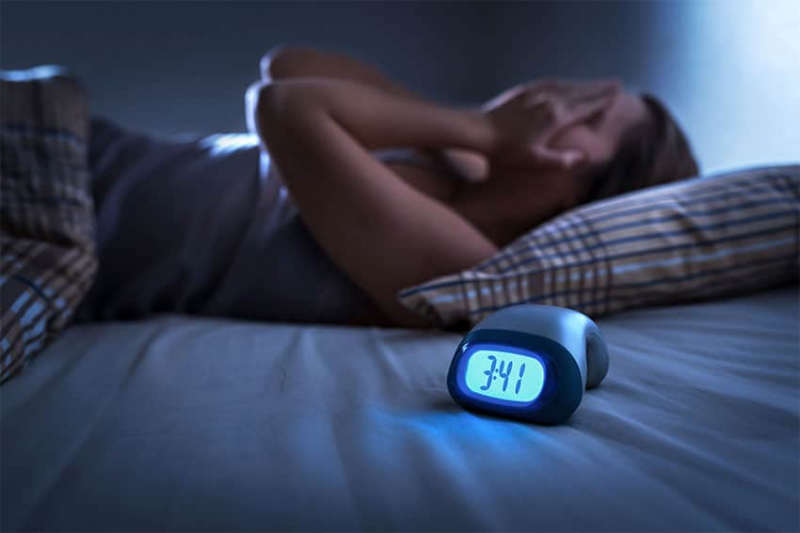
Poor sleep -
Certain tea components can produce nausea, especially if eaten in excessive quantities or on an empty stomach. Tannins in tea leaves are responsible for tea's bitter, dry flavor. Tannins' astringent nature can also irritate digestive tissue, perhaps resulting in unpleasant symptoms such as nausea or stomach discomfort. The amount of tea necessary to have this effect varies greatly depending on the individual.
More sensitive people may have these symptoms after drinking as little as 1-2 cups (240-480 ml) of tea, however, others may be able to consume up to 5 cups (1.2 liters) without experiencing any negative effects. If you have any of these symptoms after drinking tea, you should consider limiting the amount you drink at one time. You might also try a dash of milk or some food with your tea. Tannins can attach to proteins and carbohydrates in the food, reducing digestive discomfort.
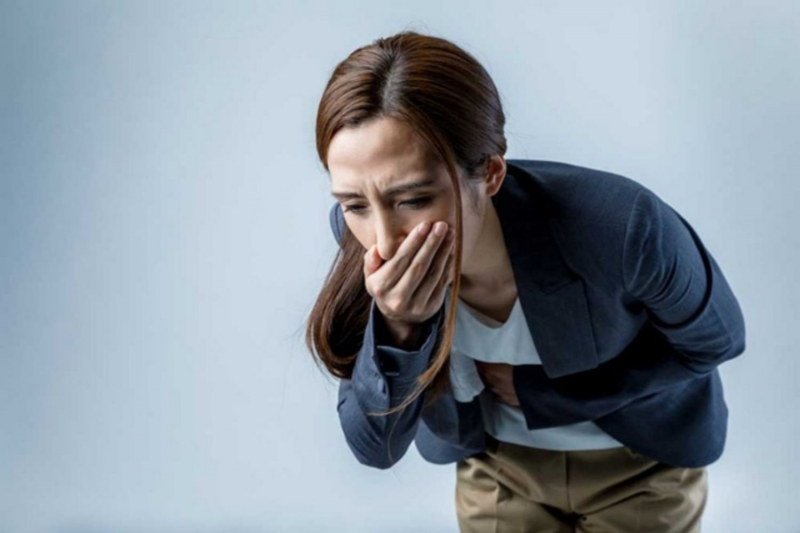
Nausea 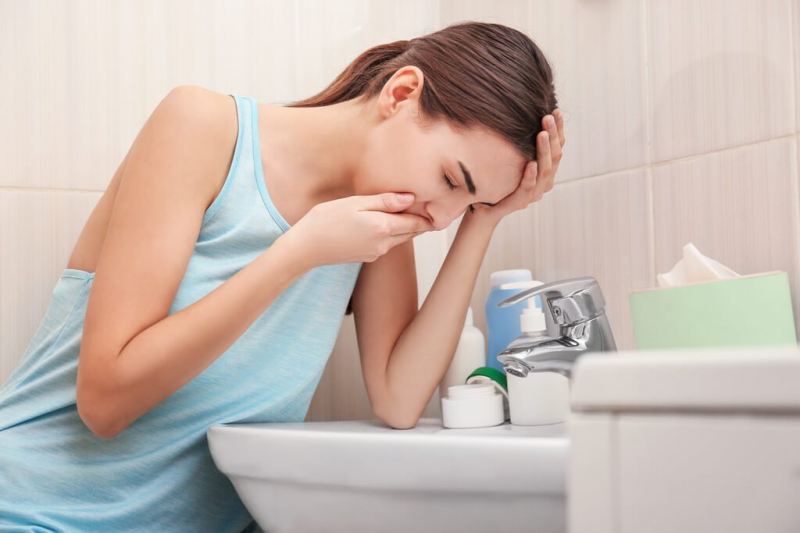
Nausea -
Tea's caffeine content may cause heartburn or worsen pre-existing acid reflux symptoms. Caffeine appears to relax the sphincter that divides your esophagus from your stomach, allowing acidic stomach contents to flow more readily into the esophagus.
Caffeine may also help to boost overall stomach acid production. Of course, drinking tea does not always result in heartburn. People have drastically varied reactions to the same meals. However, if you regularly consume big amounts of tea and frequently suffer from heartburn, it may be useful to restrict your intake and see if your symptoms improve.
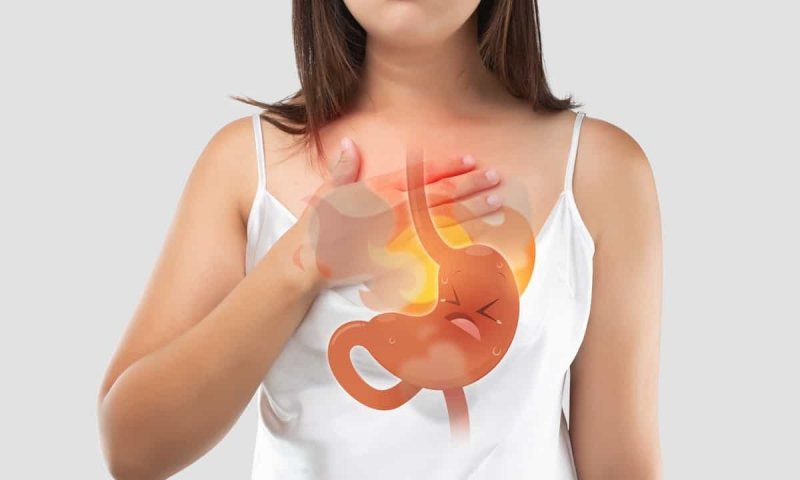
Heartburn 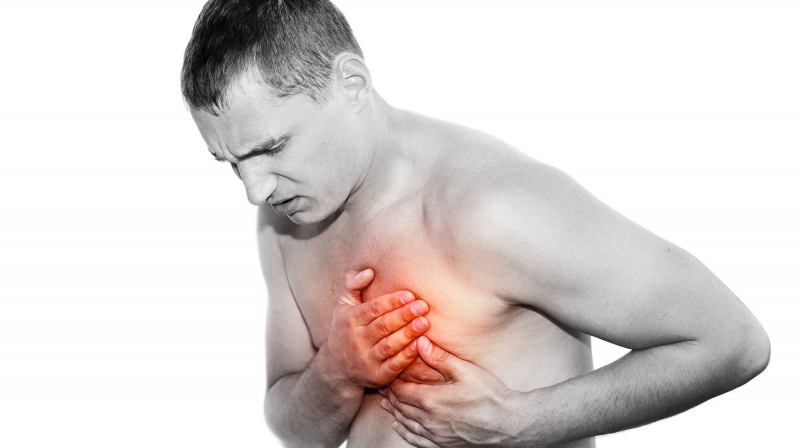
Heartburn -
Caffeine exposure from liquids such as tea during pregnancy may raise your risk of issues such as miscarriage and poor childbirth weight. The research on the hazards of caffeine during pregnancy is conflicting, and it's still unknown how much is safe. However, most studies show that limiting your daily caffeine intake to 200-300 mg keeps the risk of problems to a minimum. However, the American College of Obstetricians and Gynecologists advises not exceeding 200 mg.
The caffeine concentration of tea varies, but it normally ranges between 20 and 60 mg per cup (240 ml). To stay on the safe side, limit your daily consumption to no more than 3 cups (710 ml). To reduce caffeine exposure during pregnancy, some people opt to consume caffeine-free herbal teas instead of ordinary tea. However, not all herbal teas are suitable for consumption during pregnancy. Herbal drinks containing black cohosh or licorice, for example, may cause preterm labor and should be avoided. If you're pregnant and have questions about your caffeine or herbal tea use, see your doctor.
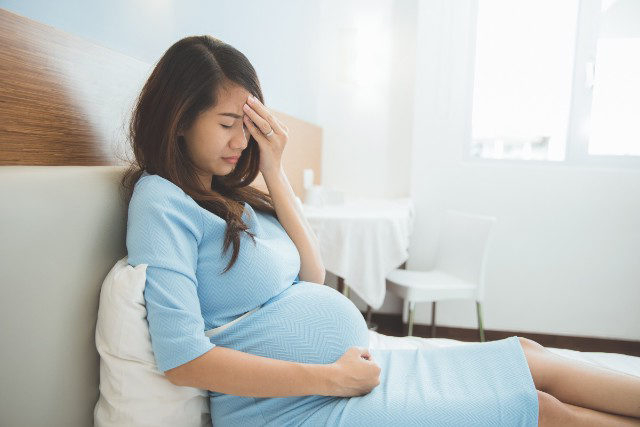
Pregnancy complications 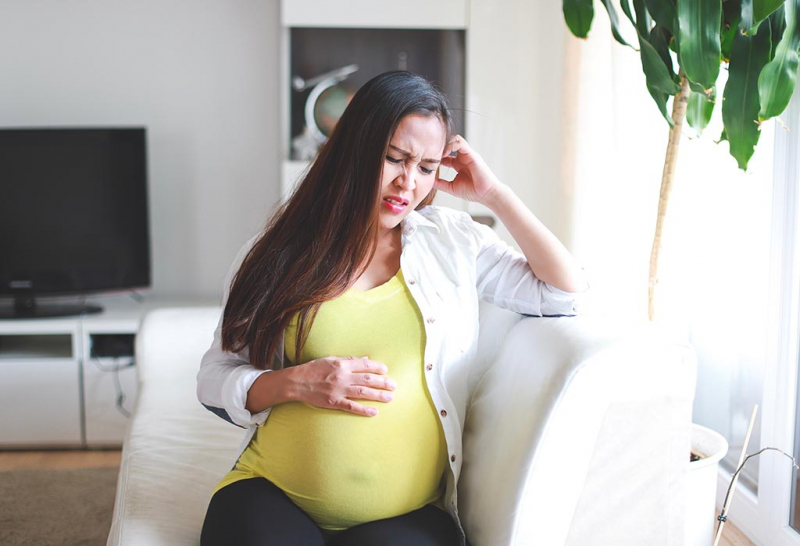
Pregnancy complications -
Caffeine use on an intermittent basis may help relieve certain forms of headaches. When taken repeatedly, though, the reverse effect might occur. Caffeine consumption from tea on a regular basis may lead to persistent headaches. According to some studies, as little as 100 mg of caffeine per day may contribute to daily headache recurrence, although the exact quantity necessary to induce a headache might vary depending on an individual's tolerance.
Tea has less caffeine than other common caffeinated beverages, such as soda or coffee, although certain varieties can have up to 60 mg of caffeine per cup (240 ml). If you get recurring headaches and suspect they are caused by your tea consumption, consider lowering or removing them from your diet for a period to see if your symptoms improve.
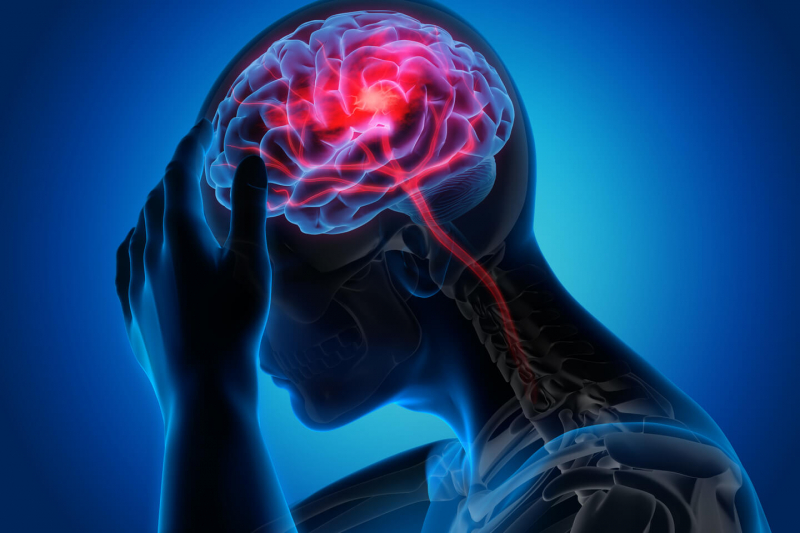
Headaches 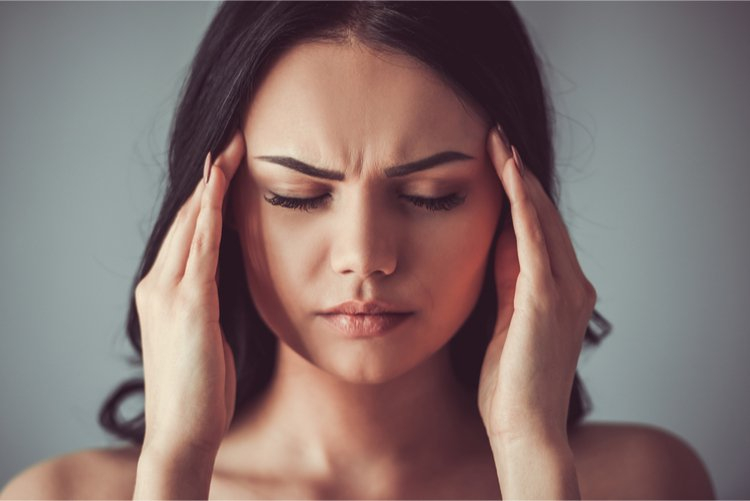
Headaches -
Although feeling light-headed or dizzy is a rare adverse effect, it might be caused by consuming too much caffeine in tea. This condition is often linked with high caffeine levels, typically higher than 400-500 mg, or 6-12 cups (1.4-2.8 liters) of tea. However, it is possible that it will occur with lower dosages in persons who are very sensitive.
It is not encouraged to drink so much tea in one sitting. If you frequently feel dizzy after drinking tea, use a reduced caffeine version or visit your healthcare professional. Large doses of caffeine in tea can cause dizziness. This particular side effect is less common than others and usually only occurs if your intake exceeds 6–12 cups (1.4–2.8 liters).
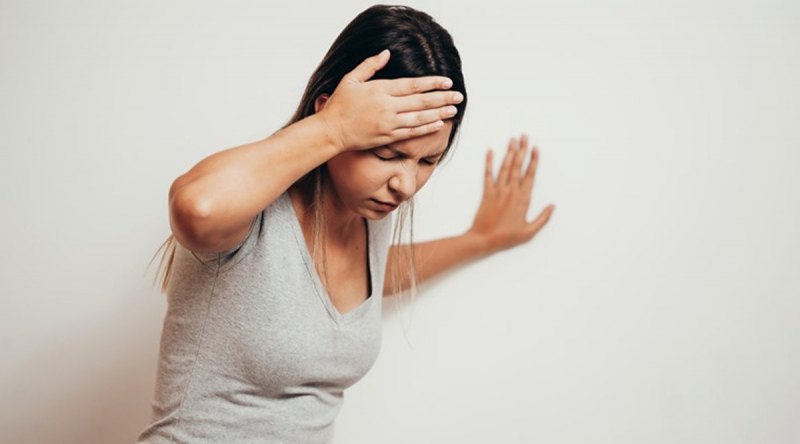
Dizziness 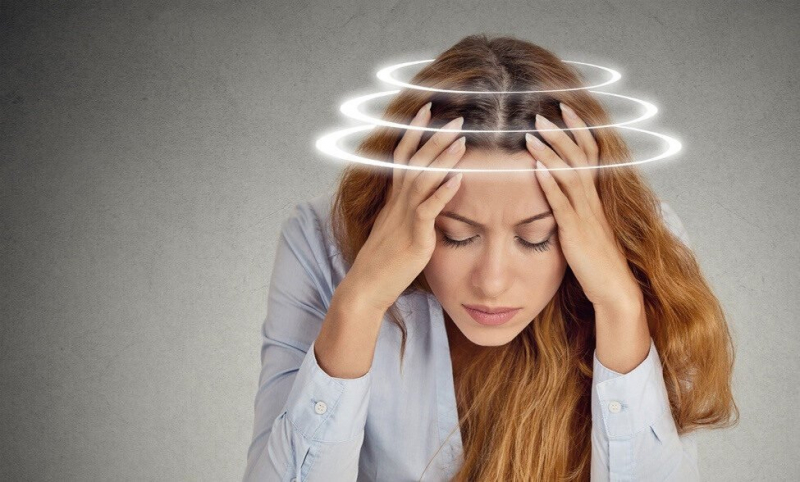
Dizziness










